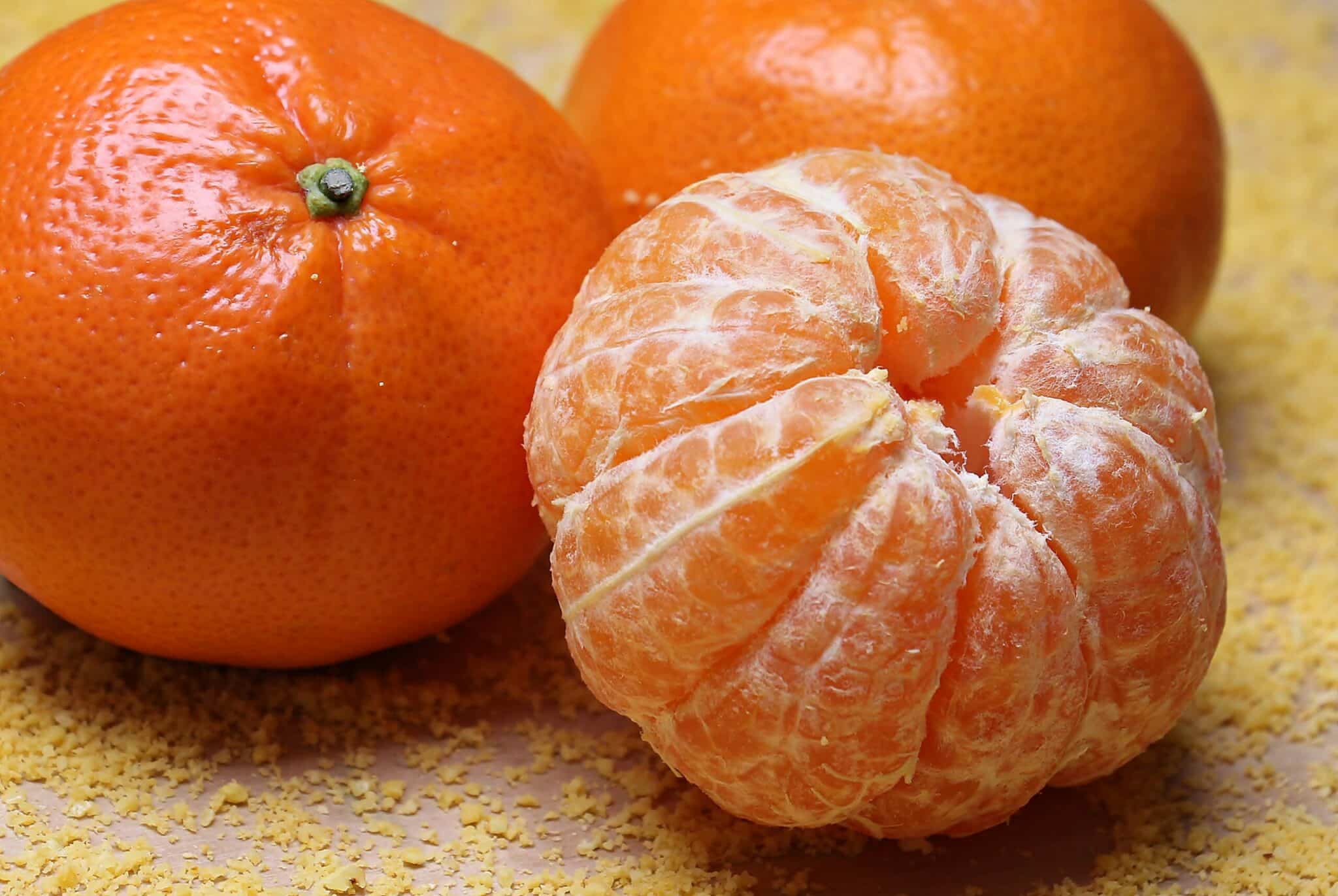Updated on April 9th, 2023
When we eat oranges, we throw away the skin, believing we don’t have use for it. But you’ll find yourself regretting that when you come across a recipe that calls for orange zest. And though you may assume such would be rare, you’d be shocked at just how many dishes can have their taste improved with the addition of orange zest. But as much as you try to make sure you never run out of it, such is inevitable in the long run.
It’s for such times that you’ll appreciate having substitute ideas for orange zest. You may have come across many suggestions ranging from orange oil to satsuma zest and many others. These may confuse you, which is why you need a proper guide on how to select suitable replacements. But first, you need to understand what orange zest does in recipes. And it would help if you learned ways to preserve them so you’ll always have a ready batch available.
Orange Zest in Recipes
The skin of an orange is packed in essential oils, and these lend the unique flavor of orange to recipes. The tangy, zingy taste of orange zest brightens the flavor profile of any dish and adds presence to numerous recipes. If your recipe shines in the company of a rich orange flavor, then the best way to infuse this is with its zest. This situation is common in dishes such as orange vinaigrette and orange cake.
Apart from these recipes, orange zest also plays a significant role in adding its distinct flavor to recipes such as;
- Rolls
- Salads
- Vegetable dishes
- Pies
- Cakes
- Toast
- Parfaits
- Sauces
- Pork and ham recipes
- Vinaigrette
- Steak and beef recipes
- Shortbread
- Fish dishes
- Cupcakes
- Cocktails
- Chutney
- Cookies
- Relishes
- Poultry recipes
Why You Need an Orange Zest Substitute?
Most recipes that call for orange zest need it as a supporting flavor ingredient. If this is what you’re dealing with, then you’ll need to know about handy substitutes to use in times of need. But if your recipe features orange zest as a significant ingredient, then it means the orange flavor is required to be most prominent. As such, you can’t use any other element but orange zest, so it may have to wait until you have some.
Orange Zest Substitutes
For recipes that only need it to support the rest of the flavor, you can consider these substitutes in place of orange zest. Two reasons make them ideal replacements for orange zest; convenience and flavor similarity. AS such, many of these substitutes are gotten from other parts of the orange;
Orange Juice
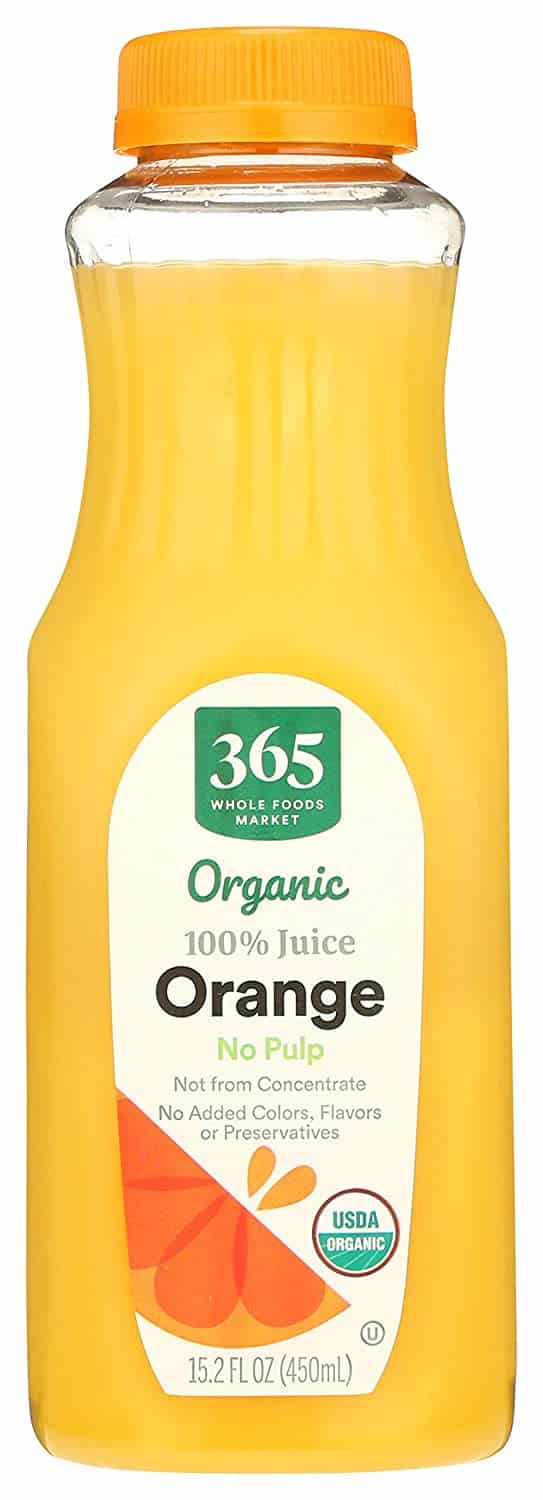
Orange juice is the most convenient and closest substitute to consider for orange zest. It offers about the same flavor effect as the zest and carries a significant amount of tang and zing. Orange juice works great for baked goods, in a glaze, and as a filling. It’s also great for vinaigrettes, salads, and dips.
When using orange juice to replace orange zest in any recipe, make sure it’s pure and fresh. Avoid orange juice products that contain additives, preservatives, and flavorings. You can substitute orange juice for orange zest in equal quantities, especially since the amount usually required is on the small side of the scale.
Citrus Fruit Zest
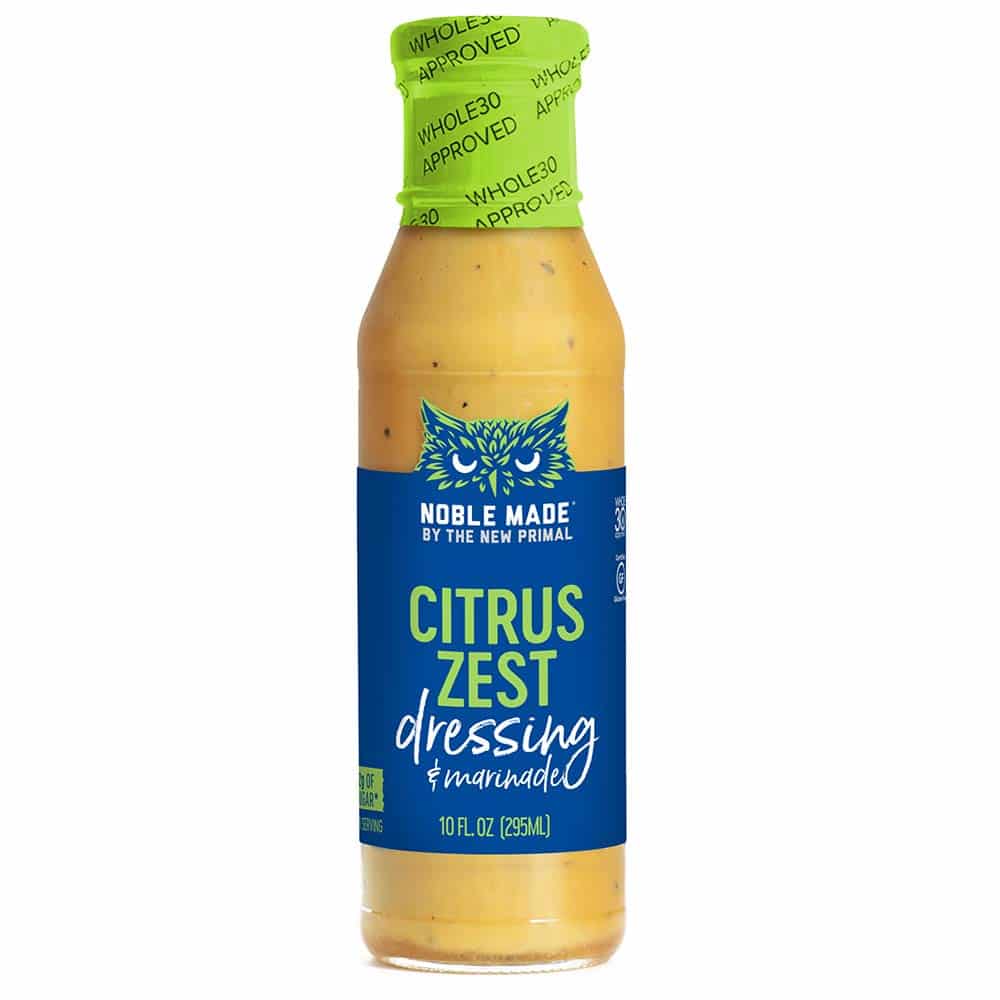
When you don’t have any orange juice around you, but have another type of citrus fruit, use that instead. Since these are from the same family, their essential oils tend to taste almost the same. You can grab commonly found citrus fruits like lemon, lime, or tangerine. You can also use others like clementine, mandarin, or grapefruit if that’s what you have.
You can use both fresh and dried varieties of any citrus fruit zest you have. And they work on every recipe that calls for orange zest as a supporting ingredient. The quantity you use depends on the fruit type. For instance, lemon, grapefruit, and clementine zest can be swapped at equal ratios. But lime zest is slightly more robust than orange, so use half of it in its stead.
Orange Extract
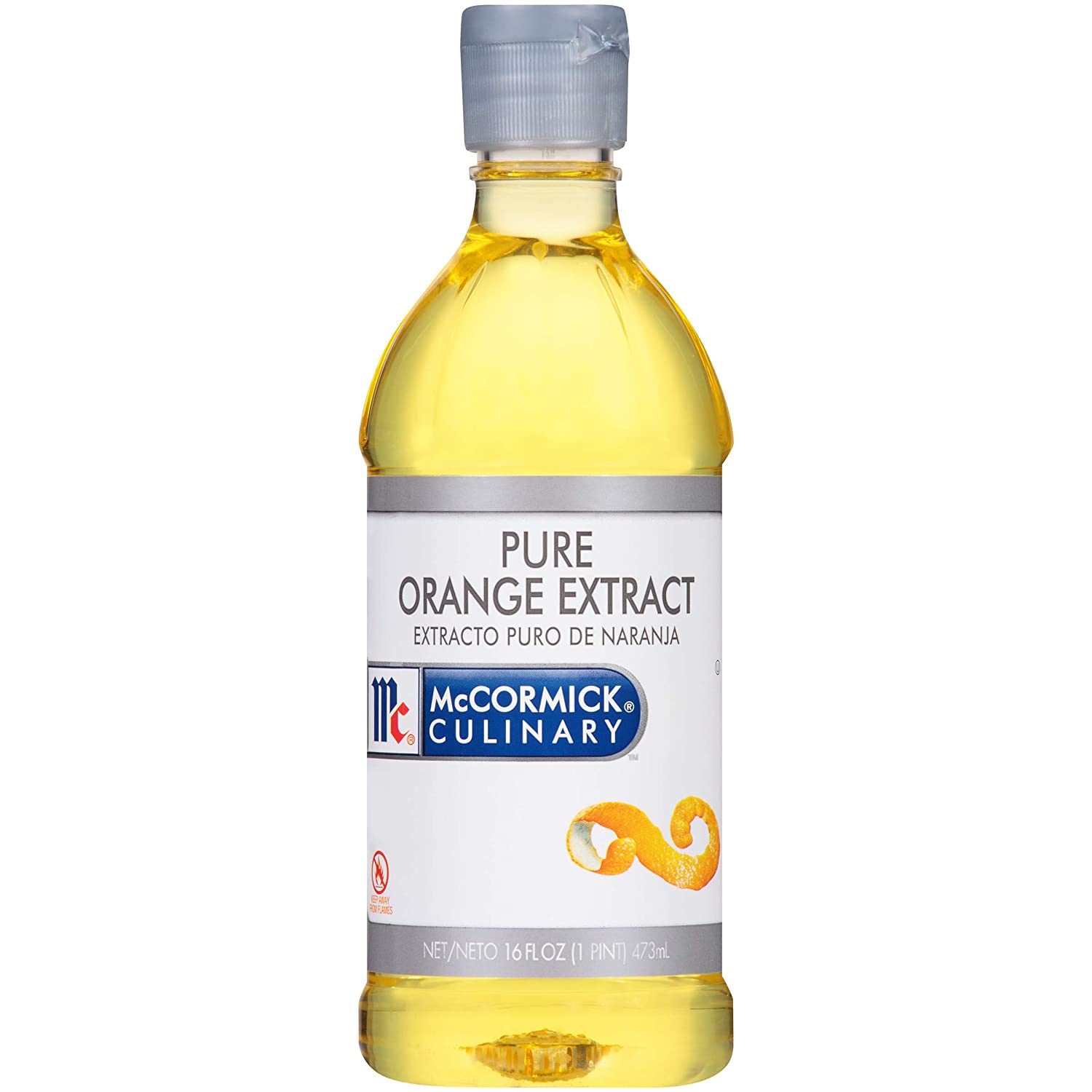
The orange extract may not be a popular ingredient you find in every kitchen, but it’s an important one. It carries a more potent orange flavor than even the zest itself. Orange extract is a concentrated flavor preserved in alcohol and is a common addition to marinades, baked goods, cocktails, and desserts. SO, with it, you’ll get a fantastic dose of orangey zing and tang.
But keep in mind that orange extract is packed with flavor so that you can use it in equal amounts as orange zest. To substitute, use ¼ teaspoon of orange extract for every teaspoon of orange zest.
Citrus Fruit Juice
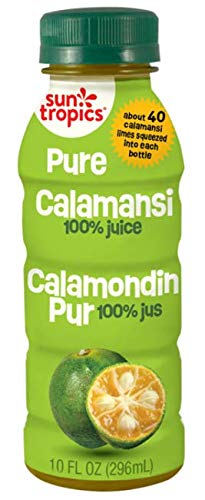
Another convenient alternative to orange zest is to use fruit juices from other citrus plants. As they’re all from the same family, their juices share similar tanginess and zing. The only significant difference is in taste, and while some are sweeter, others are more on the sour side. So, it would help if you kept this in mind when switching between them.
Lemon and lime juice can be directly used in vinaigrettes and marinades in equal quantities, but the same can’t be said in sweet recipes. For such cases, you should mix two teaspoons of sugar or honey to each cup of lemon juice before you add. Grapefruit and tangerine juice needs about an extra half to match a teaspoon of orange zest.
Apple Cider Vinegar
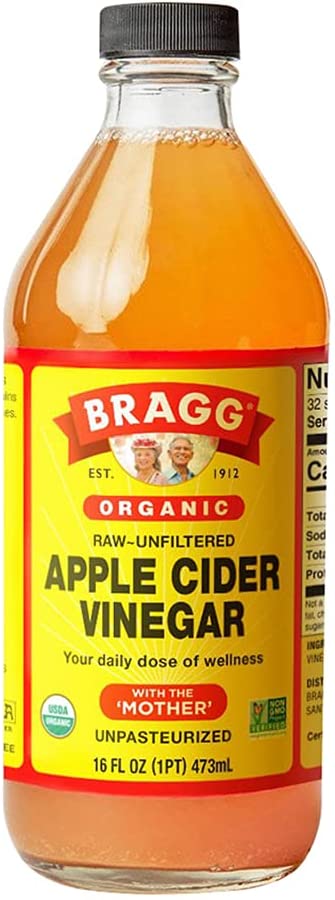
If you don’t have any citrus product in your kitchen at all (zest, extract, or juice), there’s no need to fret. You can still create the zingy, tangy bite expected from orange zest with apple cider vinegar. Surprising, yes, but apple cider vinegar offers a similar acidic flavor as orange zest in small quantities. And in baked goods, it provides further leavening advantages by helping the dough rise.
One teaspoon of orange zest can be appropriately substituted with half a teaspoon of apple cider vinegar. And if you feel it’s too sour, you can include a bit of honey to replicate the orangey sweetness.
Frequently Asked Questions (FAQs)
What orange has the best zest?
If you’re buying orange zest in the market for some reason, it’s best to pick products made from Naval oranges. If you’re not but happen to find fresh ones in the market, don’t hesitate to buy them. Naval oranges carry tons of essential oils in their skins.
How do I make orange zest?
Peel off the outer skin of some Naval oranges, taking care not to include the bitter white part. Once you’re done, spread them on a tray, insides facing up- and leave them to dry at a dry spot at room temperature. This process takes about three days, at which you’ll have a crisp, shriveled texture. Store them in an airtight container and use them as you wish. You can also grind them into powder beforehand.
Is orange zest the same as orange peel?
The zests of oranges are the colored outer skin of the peel. The peels, on the other hand, are the whole outer part, including the white rind. While the zest carries most of the essential oils, sweetness, and zing, the peel includes the bitterness contributed from the white insides. Both are used separately in various recipes.
Conclusion
With these substitutes in hand, you never have to worry about letting go of recipes that call for orange zest. These options will give you the same tangy feel, and they’re easy to find, so you may not even need to spend any extra bucks to acquire them. And if you keep an open mind, you can use them to experience a new flavor in your recipes.
